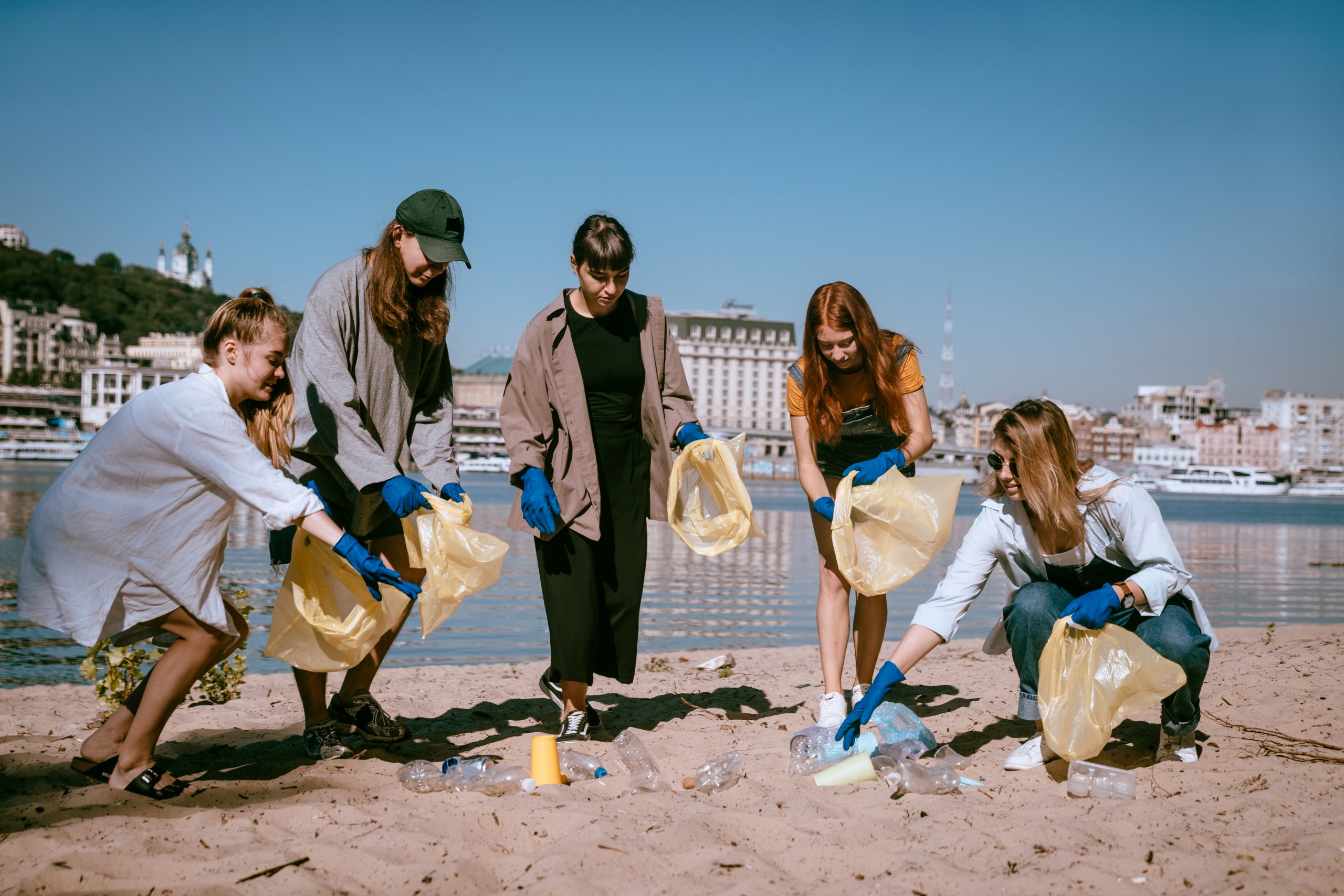Sun and beach tourism has been one of the main travel motivations worldwide. However, growing concerns about environmental impact and the need to manage resources more efficiently have driven the adoption of innovative technologies in these destinations. In this context, smart beaches present a promising solution to promote more sustainable and responsible tourism. In this article, we will explore the different aspects that make up smart beaches, from digitalization to waste management, capacity control, and water quality.
Smart Beaches: Innovation at the Service of Tourism
Smart beaches integrate various technologies to improve the visitor experience, optimize resource management, and reduce environmental impact. This concept encompasses everything from the installation of sensors to monitor different parameters to the use of mobile applications that provide real-time information to tourists.
Technology and Sustainability
A smart beach uses advanced technological infrastructure that enables real-time data collection and analysis. This data can include information on weather, water quality, the number of visitors, and other relevant factors. By analyzing this information, local authorities can make informed decisions to improve beach management and minimize its environmental impact.
Additionally, the implementation of technologies such as the Internet of Things (IoT) and artificial intelligence (AI) allows for the creation of automated systems that can manage crucial aspects of the beach, such as energy and water consumption, waste management, and security. These systems not only improve operational efficiency but also contribute to the sustainability of the destination.
Digitalized Beaches: Enhancing the Visitor Experience
The digitalization of beaches involves using technological tools to provide a more comfortable and enriching experience for visitors. This includes providing useful information through mobile applications to the installation of free Wi-Fi on the beach.
Mobile Applications and Augmented Reality
Mobile applications designed specifically for smart beaches can offer a wide range of services to tourists. For example, they can provide real-time information on water quality, weather conditions, the availability of services such as showers and restrooms, and the location of points of interest. Additionally, some applications use augmented reality to offer interactive experiences, such as virtual guided tours or historical and cultural information about the area.
Free Wi-Fi and Connectivity
Internet access is a necessity for many tourists, and the installation of free Wi-Fi networks on beaches can significantly enhance the visitor experience. This not only allows tourists to share their experience on social media in real-time but also facilitates access to relevant information and digital services. Additionally, connectivity can be used by authorities to collect data and monitor activity on the beach more efficiently.
Waste Management: A Sustainable Approach
Waste management is a significant challenge on tourist beaches, where litter accumulation can negatively impact the environment and the visitor experience. Smart beaches implement innovative solutions to address this problem effectively and sustainably.

Smart Bins and Recycling
One of the key innovations in waste management on smart beaches is the use of smart bins equipped with sensors that monitor fill levels. These bins can send alerts to authorities when they need to be emptied, thus optimizing collection routes and reducing the time waste remains on the beach.
Additionally, many smart beaches promote recycling by installing well-marked and accessible recycling stations. These stations can include separate bins for different types of waste, such as plastics, glass, and paper, thereby encouraging active participation from tourists in environmental conservation.
Awareness Campaigns
Awareness campaigns are essential to educate visitors on the importance of keeping the beach clean and reducing waste generation. These campaigns can include everything from informative posters to interactive activities and educational workshops. Additionally, mobile applications can facilitate the dissemination of awareness messages and offer incentives to tourists who actively participate in beach conservation.
Capacity Control: Ensuring Safety asmartnd Quality of Experience
Capacity control is essential to ensure visitor safety and maintain the quality of the experience on tourist beaches. Smart beaches use various technologies to monitor and manage the number of people accessing the beach in real-time.
Sensors and Monitoring Cameras
Sensors and monitoring cameras installed on smart beaches allow data collection on the number of visitors and their distribution in different areas of the beach. This information can be used by authorities to regulate beach access and avoid overcrowding, especially during peak times. Additionally, these systems can contribute to safety by enabling a quick response in case of emergencies.
Reservation Systems and Controlled Access
Some smart beaches implement online reservation systems that allow tourists to book their spot on the beach in advance. These systems not only help control capacity but also improve the visitor experience by ensuring they have a space available upon arrival. Furthermore, controlled access can be managed using smart cards or QR codes, thus facilitating the process of entering and exiting the beach.
Water Quality: A Crucial Factor for Tourist Well-Being
Water quality is a fundamental aspect for the safety and well-being of tourists visiting the beaches. Smart beaches use various technologies to monitor and maintain water quality, thereby ensuring a safe and pleasant experience for visitors.
Real-Time Monitoring
The use of sensors and real-time monitoring systems allows smart beaches to obtain accurate data on water quality at all times. These systems can measure parameters such as temperature, pH, turbidity, and the presence of contaminants, providing crucial information for beach management. Additionally, the data collected can be shared with tourists through mobile applications, allowing them to make informed decisions about their visit.
Treatment and Prevention of Contaminants
Smart beaches implement various measures to prevent and treat water contamination. This can include everything from the installation of wastewater treatment systems to the implementation of floating barriers that prevent contaminants from entering the swimming area. Additionally, awareness campaigns about the importance of keeping the water clean and not throwing waste into the sea are essential to engage tourists in maintaining water quality.

Smart beaches represent a significant evolution in the management of coastal tourist destinations, combining technology and sustainability to offer an improved and more responsible experience to visitors. From digitalization and waste management to capacity control and water quality, these innovative destinations demonstrate that it is possible to enjoy sun and beach tourism sustainably. By adopting these practices, not only is the environment protected, but the well-being and satisfaction of tourists are also ensured, thereby guaranteeing a prosperous and sustainable future for coastal tourism.






